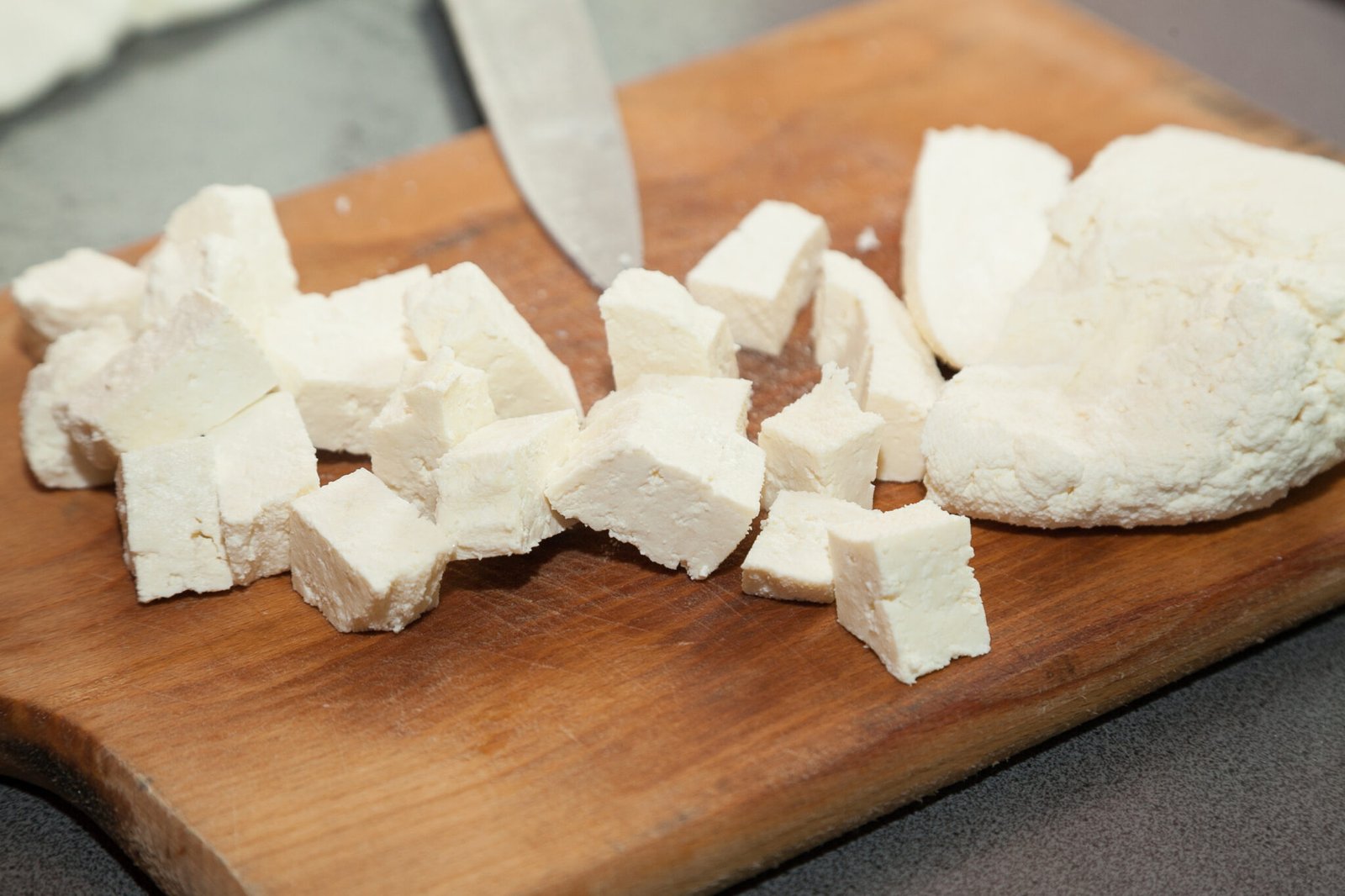Lucknow – The Food Safety and Drug Administration (FSDA) of Uttar Pradesh has unearthed a massive racket producing fake paneer (cheese) by mixing harmful industrial chemicals such as urea, detergent, Tinopal, and synthetic agents.
The adulterated paneer, designed to look shiny and fresh, is being made in bulk across several districts including Noida, Meerut, Agra, Lucknow, Kanpur, Bareilly, and Gorakhpur, with production techniques reportedly taught by artisans from Rajasthan.
Officials confirmed that this illegal industry has become a serious public health crisis, with experts warning that consumption of such paneer could lead to liver and kidney failure, digestive disorders, and even cancer.
FSDA Crackdown: ₹1.5 Crore Worth of Fake Dairy Products Destroyed
The FSDA launched a state-wide inspection campaign from October 8 to 17, targeting manufacturers and sweet shops selling paneer, khoya (dried milk), and related products.
FCRF Launches CCLP Program to Train India’s Next Generation of Cyber Law Practitioners
During the drive, over ₹1.5 crore worth of adulterated paneer, khoya, and raw materials were seized and destroyed.
Investigations revealed that unscrupulous producers were replacing milk with palm oil, synthetic chemicals, and detergent, adding urea to increase thickness and Tinopal or ‘Ala’ to enhance whiteness and shine — both of which are industrial-grade brightening agents meant for laundry and textile use.
Joint Commissioner (Food), Harishankar Singh, stated,
“Fake paneer manufacturing is being treated as a serious offense. Teams are destroying adulterated material on the spot and seeking police assistance to identify and arrest the makers.”
He further added that Rajasthan-trained artisans are teaching local operators new chemical techniques, making it difficult for authorities to trace and arrest them.
The ‘Rajasthan Connection’ and the Secret Night Factories
According to FSDA officials, the latest trend of using Tinopal and Ala originated in Alwar and nearby districts of Rajasthan, where specialized workers train others in how to blend these agents to produce paneer that looks fresh and glossy.
These workers operate at night setting up temporary units in villages near district borders, producing hundreds of kilograms of fake paneer, and fleeing by dawn after dispatching supplies to local markets.
Special surveillance has now been initiated in districts bordering Rajasthan, with police tasked to monitor and intercept the movement of these illegal dairy traders.
Doctors Warn of Deadly Health Risks
Health experts have described the fake paneer as “slow poison”, capable of causing severe damage to internal organs.
Dr. Sumit Roongta, Head of Gastroenterology at KGMU Lucknow, explained:
“The combination of urea, detergent, Tinopal, and Ala can create toxic compounds in the bloodstream. They impair the liver and kidneys’ filtration ability, increasing toxin levels in the body. Prolonged exposure can lead to organ failure and even cancer.”
He added that initial symptoms include abdominal pain, indigestion, vomiting, skin allergies, and diarrhea, while trans fats used in these fake products increase the risk of heart disease by blocking arteries.
How to Identify Fake Paneer
Consumers can detect adulteration with a few simple tests:
- Texture Test: Real paneer is soft and milky; fake paneer feels rubbery and emits a chemical odor.
- Water Test: Pure paneer floats in water, while adulterated paneer sinks.
- Heat Test: When dipped in hot water, fake paneer begins to dissolve and leave an oily residue.
- Iodine Test: Applying iodine tincture on real paneer shows no color change, but fake paneer turns blue or black due to the presence of starch.
Joint Commissioner Singh urged consumers to report suspicious products through the FSDA helpline number 9793429747, assuring that informers’ identities will remain confidential.
A Growing Menace Demands Stronger Enforcement
The FSDA has intensified raids and imposed fines across districts but warns that the underground dairy adulteration economy continues to thrive due to high profit margins and weak surveillance.
Officials stressed the need for interstate coordination, stricter quality control at borders, and digital traceability of dairy products to ensure consumer safety.
The department also appealed to the public to remain alert and avoid purchasing paneer from unauthorized vendors or roadside stalls, especially during the festive season when demand surges and adulteration spikes.



